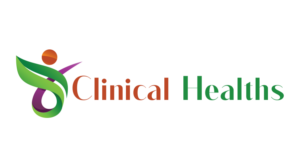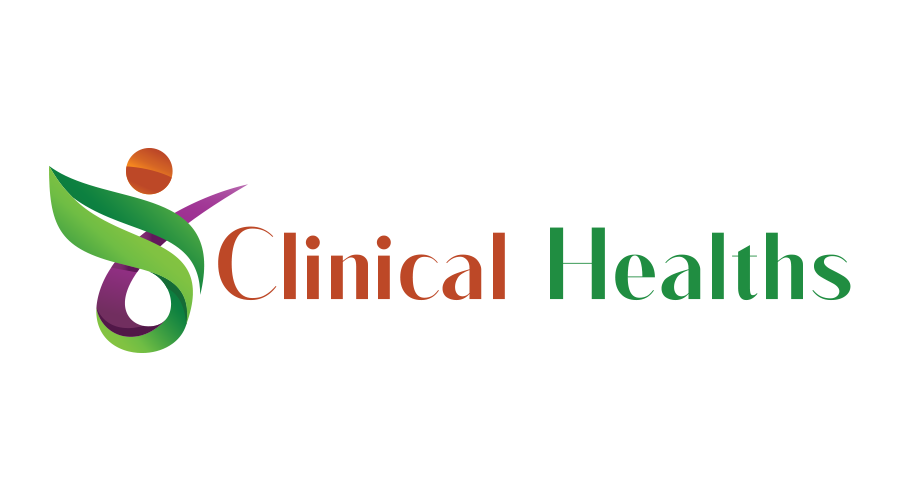Salt has been used for flavoring and preserving foods since ages. All of us require some amount of salt to maintain good health. But eating too much salt also has its own effects. And intake of salt alone is enough to cause hypertension. How is salt and hypertension related? Let’s explore for more details about hypertension and salt in this blog.
How does salt affect hypertension?
Salt, also known as sodium chloride (NaCl), is an essential component of our diet. It plays a crucial role in various bodily functions, including maintaining fluid balance, transmitting nerve impulses, and muscle function. However, consuming excess salt can disrupt this delicate balance and contribute to the development of hypertension.
Here how it impacts:
Sodium and fluid retention:
When we consume excessive salt, our bodies attempt to maintain a constant level of sodium in blood. To achieve this, the kidneys retain more fluid, increasing the total body volume.
Increased blood pressure:
As the blood volume rises, the pressure exerted on the blood vessel walls increases, leading to hypertension. This increased pressure can damage the blood vessels and other organs over time. Consult severe hypertension treatment in Coimbatore, if your hypertension levels are high and unmanaged.
How much salt is ideal for a human body?
Although the accurate amount of daily salt requirement is not known, it is believed to be between 1.25 grams to 2.5 grams of sodium per day. There is no to minimal chances of deficiency because salt is present in almost every food that we eat.
According to the Food Safety Authorities, we can meet our sodium and chloride needs and lower our risk of heart disease and high hypertension by consuming 5 grams or less of salt each day. This is equivalent to about a teaspoon of salt from all sources each day.
When we sweat and release urine, our bodies release both sodium and chloride. This means that periods of intense sweating, like those that occur during exercise, may slightly raise our need for salt. On the other hand, it is usually not needed to increase salt intake during these conditions because most people consume well above the required levels.
Where does the most amount of salt come from?
It is estimated that processed, packaged, and prepared foods account for 70% of the sodium in our diets. The food supply is overly salted, primarily due to the mineral’s flavor enhancing and preservation properties. High in sodium are packaged soups, fried vegetable chips, pickles, and frozen foods.
Different versions of the same foods are made by manufacturers and served in restaurants at different sodium levels. Prior to making a purchase, always read the labels and select items with the least amount of sodium. You can also reduce the amount of salt in your diet by cooking more meals at home instead of buying processed foods.
How can high salt intake increase your blood pressure?
Our kidneys usually perform a good job of controlling the amount of water and salt in our blood. But for a lot of us, eating too much salt can throw off this balance and raise blood sodium levels. This causes our body to retain more water, which raises the amount of blood in our bloodstream and the fluid surrounding our cells leading to hypertension.
The pressure on our blood vessels rises with an increase in blood volume, making our heart work harder to pump blood throughout our bodies. This additional strain over time may cause blood vessels to stiffen, raising the risk of hypertension, heart disease and stroke.
Can reducing salt improve blood pressure?
There is evidence that suggests that hypertension can be lowered with modest salt intake reductions (3 to 5 g or ½ to 1 teaspoon daily). These benefits, however, might not be experienced by all people and will vary depending on a person’s initial blood pressure (hypertension is associated with greater benefits), current salt intake, genetics, status of diseases, and use of medications.
There are other lifestyle factors besides salt that can affect our blood pressure. Other crucial elements include getting enough potassium from food, keeping a healthy weight, quitting smoking, and engaging in physical activity. Here are seven lifestyle suggestions that can lower hypertension.
What are the tips to reduce sodium intake and manage hypertension?
Reducing sodium consumption is crucial for controlling hypertension because prevention is always preferable to treatment. However, what are your options?
Track your sodium levels:
A simple way to monitor your intake of sodium is with a tracker. Just write down everything you eat and how much sodium it contains. At the end of each day, add up your total and, if needed, choose healthier foods. Remember that depending on the brand, the sodium content of the same foods may change, so be sure to carefully read the labels. Follow a low sodium diet for hypertension as it can make a difference.
Cook with less salt:
You have more control over how much salt is in your food when you cook it yourself. Nevertheless, some people make the mistake of oversalting food both in the kitchen and at the table. Cutting back on the amount of salt you use when cooking is a simple way to prevent this. Try experimenting with different spices, such as garlic.
What are the benefits of reducing salt intake?
Beyond lowering blood pressure and reducing the risk of hypertension, reducing salt intake has several other health benefits:
- Improved heart health: Lowering hypertension can reduce the strain on the heart and improve overall cardiovascular health.
- Reduced risk of stroke: By lowering hypertension, reducing salt intake can also decrease the risk of developing stroke.
- Potential for weight management: High salt intake can contribute to increased water retention and bloating, making it easier to gain weight. Reducing salt intake may support healthy weight management efforts.
Important Takeaway:
While salt is an essential nutrient, excessive consumption can significantly increase the risk of hypertension and other cardiovascular ailments. By adhering to recommended daily intake levels and implementing strategies to reduce salt intake, individuals can take control of their health and reduce their risk of developing these chronic conditions. Reach out to the top general medicine specialist in Coimbatore, if you are facing high blood pressure signs.


